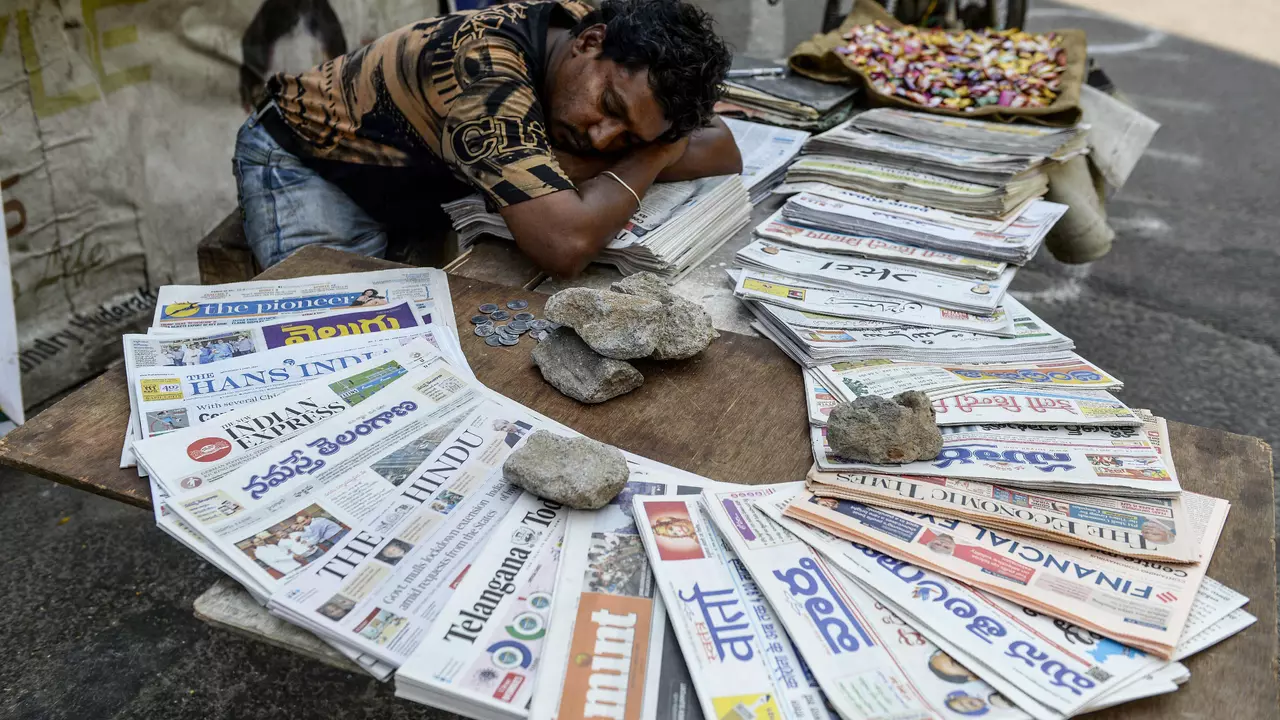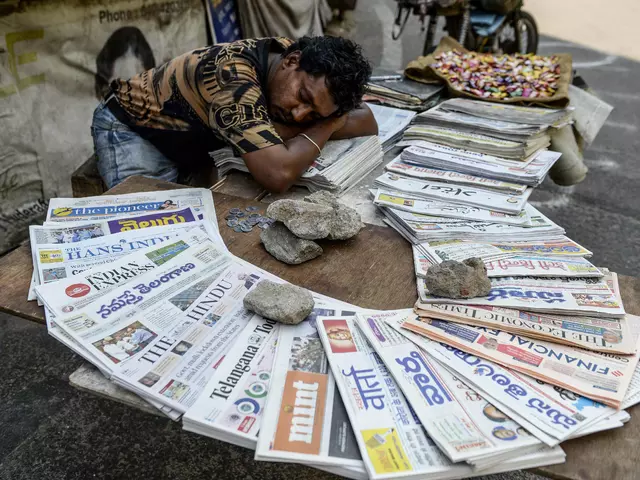Media Corruption: What It Is and Why It Matters
Ever felt that the news you read is pushing a hidden agenda? That feeling often points to media corruption. In plain terms, media corruption means distortion, manipulation, or hidden influence in news reporting. It can be a journalist taking bribes, a news outlet favoring advertisers, or a platform spreading fake stories for clicks. Knowing the signs helps you stay clear of biased info.
Common Forms of Media Corruption
First, there’s payola – money exchanged for positive coverage. Think of a company paying a channel to showcase its product without a disclaimer. Second, political pressure can lead editors to mute criticism of certain leaders. Third, clickbait and sensationalism thrive on stirring emotions, not facts, and often hide the truth. Finally, owned media means a big corporation owns several outlets, creating a single voice that pushes its interests.
How to Spot Corruption in the News
Ask yourself three quick questions: Who owns the outlet? Are sources clearly identified? Is the story balanced? If the answer is unclear, dig deeper. Look for multiple sources on the same topic – if only one voice repeats the same line, that’s a red flag. Check if a piece has a clear “advertorial” label; hidden ads often masquerade as news.
Social media adds another layer. Bots and fake accounts amplify false stories, making them look popular. A quick way to test a claim is to search for it on reputable fact‑checking sites or see if other major outlets report the same details.
Remember, you don’t have to be an expert to protect yourself. Simple habits, like reading beyond the headline and comparing different outlets, can cut through most corrupt tactics. Subscribe to newsletters from independent journalists who publish under transparent funding models – they often disclose any sponsorships.
When you spot potential corruption, report it. Most news sites have a feedback form, and many social platforms let you flag misleading content. Your flag can trigger a review and reduce the spread of false info.
Media corruption hurts democracy, business, and everyday decisions. But with a bit of skepticism and a habit of cross‑checking, you can stay informed without falling prey to hidden agendas. Keep questioning, keep comparing, and you’ll navigate the news maze with confidence.



